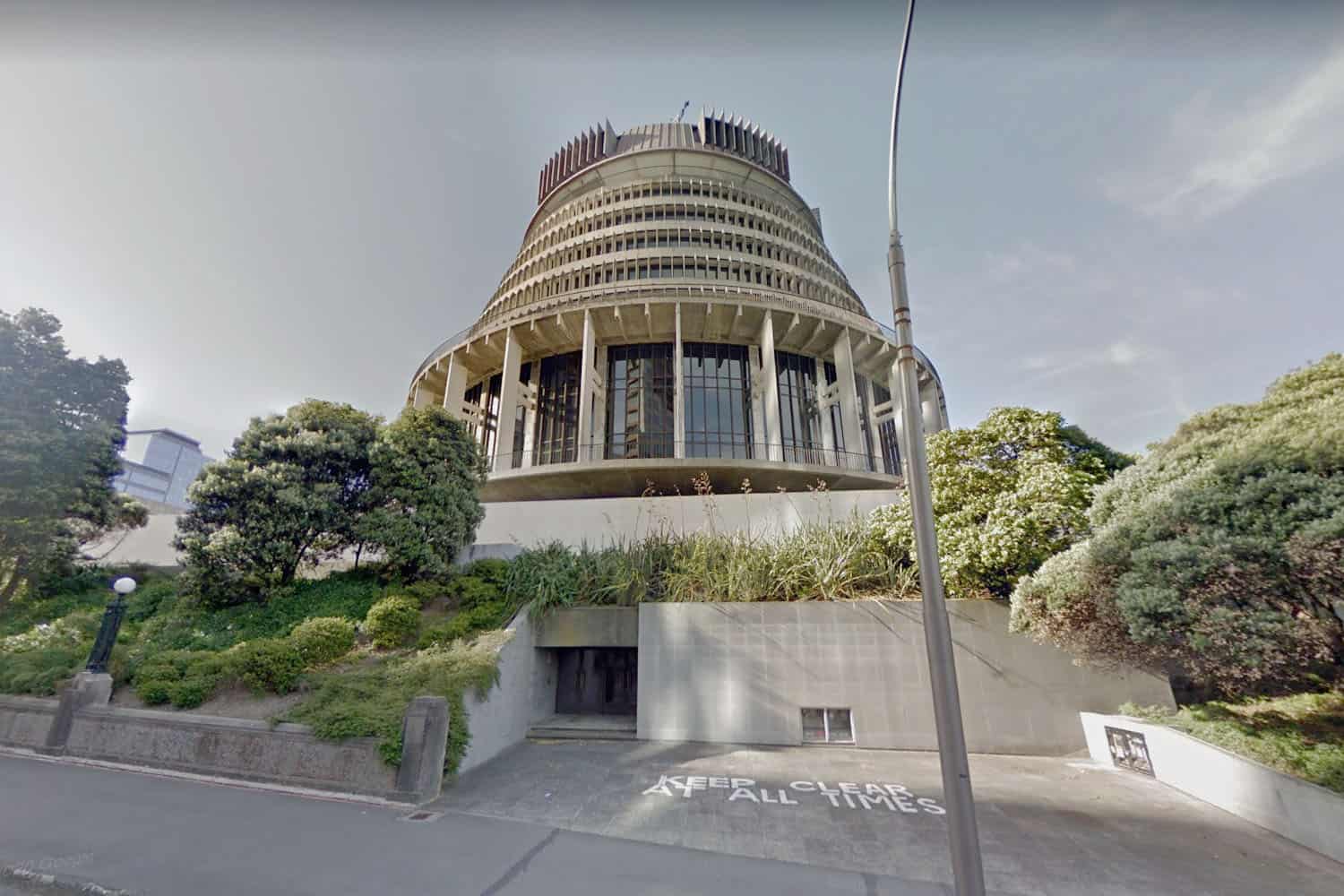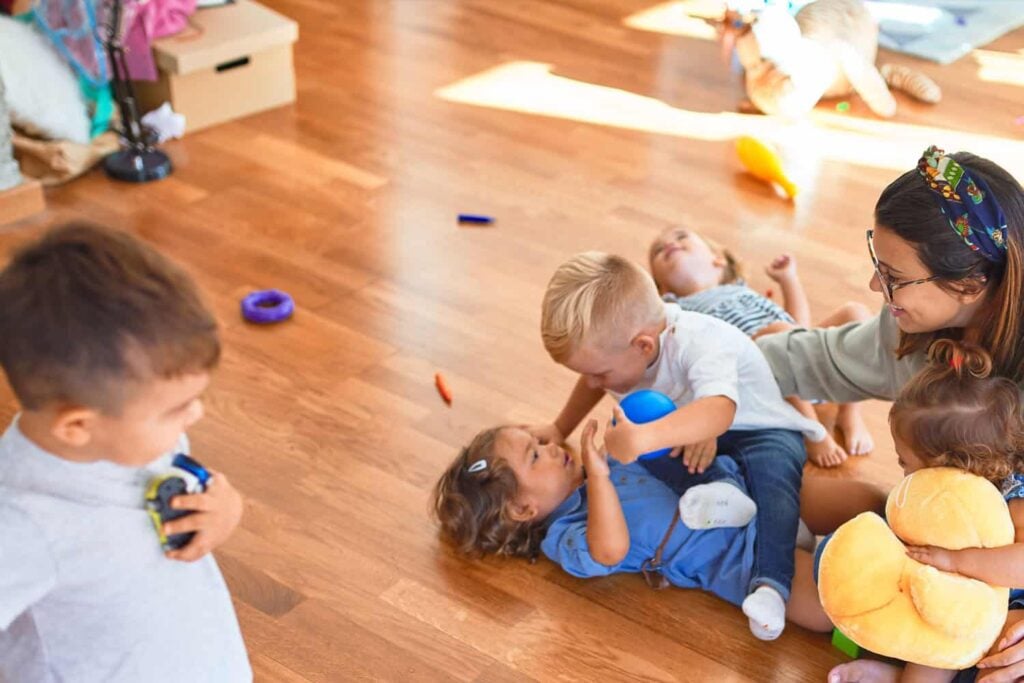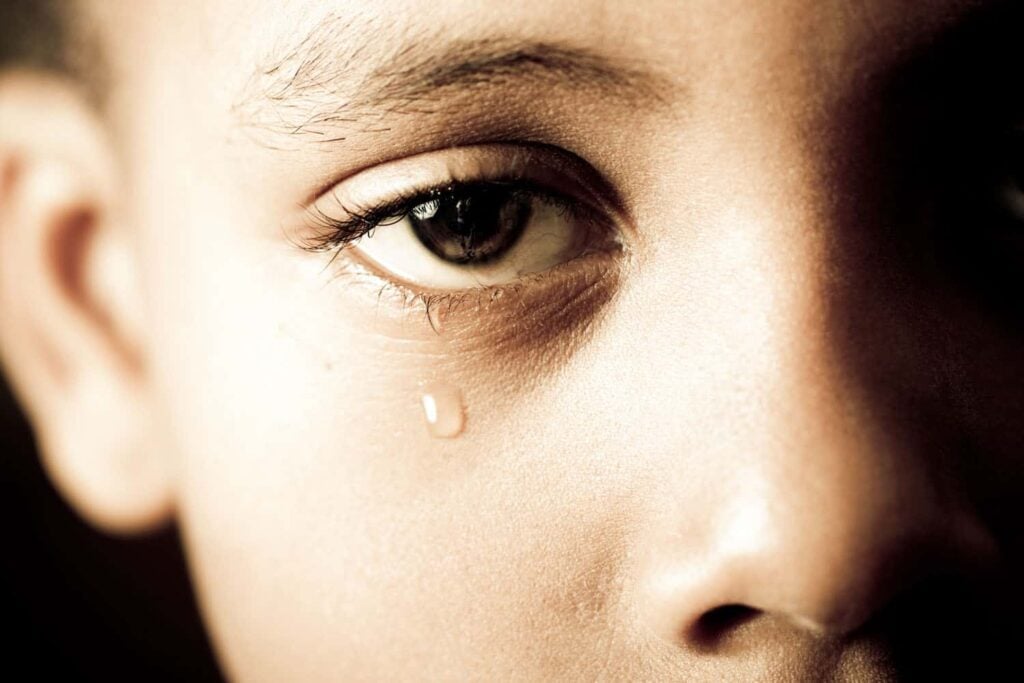Here’s an outline of the various political party policies under different topics for you to compare and decide which you like the best and the least.
Scroll down the page and see at a glance how the policies of different parties compare on different ECE topics leading into the 2011 general election on the 26th November.
This page was last updated when the National Party released its early childhood education policy on the 21st November.
Staffing and Management
United Future
- Encourage more men to join the teaching profession at all levels
- Prioritise staff-to-child ratios for each age group as a condition of funding for early childhood education centres where applicable.
- Simplify with a view to reducing the quantity and complexity of compliance requirements that early childhood education and care providers must fulfil.
Mana Party
- Review of ECE qualification to include more emphasis on Te Reo Maori and Tikanga Maori.
- Annually audit all ECE centres licensed as total immersion Te Reo Maori or bi-lingual on the amount and quality of Te Reo Maori delivered to children.
Green Party
- Re-establish the target of 100 per cent qualified staff in teacher-led ECE centres, and resurrect the funding to support this.
- Implement new teacher to child ratios in ECE (and provide funding so that these can be met):
- 1:3 for under-twos with a group size of no more than 6 children;
- 1:5 for two-to-threes with a group size of no more than 12 children; and
- 1:8 for over-threes with a group size of no more than 24 children.
- Improve pay, job security, and professional development for teachers and aides.
- Support pay parity for early childhood, primary and secondary educators, based on qualifications and responsibility.
- Provide one year of sabbatical leave at 80 per cent salary for all teachers after six years of service.
- Develop initiatives that relieve the administrative workload of teachers.
- Continue to support and adequately resource Te Whariki – the curriculum for ECE.
National Party
- Sector advisory groups will be set up to work with the Government on:
- Identifying and improving the practice of low-quality services
- Developing new and improved policies for ECE for children under two years old
- Improving the transition for children from ECE to primary school
- A national evaluation of Te Whariki will be carried out
- Set a target of 98 per cent of new entrants in school having participated in early childhood education, to be met by 2015
Labour
- Restore over the course of two terms the $95 million p/a subsidy funding cut, and we will work with the sector to reinstate the policy of 100% qualified staff in all teacher-led services.
- A policy framework will be developed to focus on children aged 3 to 8 to provide a more cohesive and efficient approach to the transition between ECE and primary school, and focus on supporting the progression of the children in their early years regardless of the educational setting.
Funding
NZ First
- Increase the discretionary grants available to communities for building or upgrading early childhood facilities in order to increase participation rates.
- Explore the possibilities of enabling early childhood centres to be funded for more than six hours per day and for weekend sessions.
- Establish a fund for research into best practice and innovation in early childhood education.
United Future
- Support the idea that 3 and 4 year olds should have 20 hours (or part thereof) early childhood education per week heavily subsidised, where it will make early childhood education and care more affordable for families and/or improves children’s learning.
- Ensure that government funding of early childhood centres is reflected in the fees passed on to parents by requiring them to disclose what proportion of fees, are taxpayer-funded.
Mana Party
- Restore quality standards and funding for teacher-led early childhood centres and increase funding to parent-lead early childhood centres (kōhanga reo, kindergartens, and Playcentre) to ensure that every child is able to participate in quality early childhood education.
- Phase out public funding for profit-driven ECE centres.
- Increase public provision of ECE centres in low and middle income areas and site these with existing schools to promote schools as community centres.
Green Party
- Revise and improve the funding system for early childhood services in consultation with the sector.
Maori Party
- Ensure early childhood education is affordable, available and responsive and includes initiatives such as PAFT, HIPPY, PAUSE, PAUA, kōhanga reo and whānau led centres.
National Party
- A new funding system to be developed in the long-term in consultation with the sector
- Maintain 20 hours ECE funding and the current fee controls for 20 hours ECE.
- Work to develop a funding model that is flexible and reduces bureaucracy, while retaining the universal 20 hours early childhood education programme.
ACT
- Remove funding disparities between public kindergartens and private ECE providers
- Remove the 20hours subsidy scheme and look at other ways of subsidising ECE
- Ensure that funding follows the child and is targeted based on need
Labour
- Retain the 20 hours free ECE model that is universally available to all children aged three and four, and those five-year-olds who aren’t yet in school. This means retaining fee controls and the current subsidies to ensure families don’t face increased costs. Labour’s model will cover the cost of delivering the curriculum to each child for 20 hours per week.
- Develop a planned approach to taxpayer-funded ECE. New centres will only receive taxpayer subsidies for providing ECE if there is a need for a new centre in the proposed location.
- Funding for Playcentres, Te Kōhanga Reo, and home-based ECE services will not be cut to ensure that these services continue to play an important part in innovating and enhancing our ECE sector.
Parent, Whanau and Community Involvement
NZ First
- Encourage Family Start Programmes across the country aimed at those children at greatest risk of less than optimal development.
- Make available “Home Instructional Programme for Pre-schoolers and Youngsters” (HIPPY) programmes to all families with low levels of educational capital.
- Develop Parents as First Teacher (PAFT) programmes across the country.
- Combine all parent-caregiver support programmes under the umbrella of a single agency.
- Increase the discretionary grants available to communities for building or upgrading early childhood facilities in order to increase participation rates
United Future
- Support the concept of parents as first teachers and encourage the expansion of programmes like PAFT and HIPPY to families other than those deemed to be at-risk.
- Endorse the role of parent-led early childhood education centres to empower parents to lead their children’s education and encourage the parent-child bond.
- Pilot the use of early childhood education centres as contact points for family support services, such as parenting courses, budget advice, health and counselling services.
Mana Party
- Increase funding to parent-led early childhood centres (kōhanga reo, kindergartens, and Playcentre) to ensure that every child is able to participate in quality early childhood education.
- Encourage whanau participation as integral to the success of ECE.
Maori Party
- Initiate nationwide discussion about compulsory early childhood education.
- Recognise the unique status of kohanga reo through its own statutory legislation. This could then be linked to te reo in the homes being revitalised through encouraging parents in assisting children in learning and drawing on the knowledge and expertise of kuia and koroua.
Green Party
- Improve demographic and population-based planning to allow for better prediction of demand for early childhood services, while not disadvantaging rural communities.
- Foster partnerships between ECE centres and local primary and secondary schools.
- Encourage parent, whanau, and community participation in ECE.
- Encourage mothers to breast feed their children in early childhood services.
- Investigate providing free healthy breakfasts in all primary schools and ECE centres.
- Incorporate environmental education into the ECE curriculum (eg gardening, using water and energy efficiently, learning about conservation), and ensure that teacher education and training is adequate to allow this.
National Party
- Make available interactive web tools, providing good information about local ECE services.
- Bring back mobile ECE services by changing the regulations so rural areas can more easily access ECE.
ACT
- Ensure funding follows the child no matter what ECE service they use, giving parents more choice over which services are financially accessible to them.
Labour
- Enable more quality services to be available in communities with lower participation. This includes investigating transport issues that are barriers to participation and evaluating the success of supported play groups
- Take a two pronged approach to early interventions for the most vulnerable 5% of children, with intensive home based support provided during the first 18 months, but moving towards a greater emphasis on centre-based early intervention programs between 18 months and 3 years of age.
- Provide free high-quality Early Childhood Education and parent support from 18 months to 3 years for the most vulnerable 5% of children.
- Long term aim is to develop a network of high quality centre-based early intervention programs addressing the needs of vulnerable children in the most deprived areas.
- Integrated community hubs will be developed over time.
Inclusive ECE (meeting cultural needs and accessibility needs)
NZ First
- Support genuine New Zealand models of governance that exist in Maori-run early childhood centres within the context of kaupapa Maori based whānau involvement.
- Develop a set of principles defining which languages will be supported, and to what degree
- Explore and establish new funding options in early childhood education which would enable Nga Huarahi Arataki to remain neutral with multiple pathways in early childhood education.
United Future
- Promote an increase of funding for early identification of children with special needs and disabilities with targeted systematic, intensive and high quality interventions.
Mana Party
- Conduct an independent review of the role and function of the Kohanga Reo National Trust.
- Review the management by whanau of Kohanga Reo.
- Provide greater regional and iwi management of Kohanga Reo based on the needs of local communities.
- Conduct a review of Whakapakari tohu with tohu recognised as equivalent to a teaching diploma. Local delivery of kaiako training courses with localised support and an emphasis on health and safety, nutrition, human development, teaching and behaviour management.
- Make training for kaiako and parents in Te Reo Maori more accessible.
- Review Kohanga Reo buildings with an emphasis on recommendations to improve heating, safety and sanitation based on Mana housing policy. Set budgets to move Kohanga out of the “skyline garage phase” and into decent buildings.
- Promote eco principles in new Kohanga buildings: self supplied water, power and heating and self disposal systems, including effluent. Encourage rural Kohanga and Kohanga Reo to be actively used by the wider community and identified as civil defence centres.
- Include fruit trees and gardens in rebuilt centres.
- Provide equal funding rates to Kohanga Reo in relation to teacher-led early childcare centres, including support for staff in training.
- Ensure places are available in Kura Kaupapa Maori schools for 100 % of all Kohanga Reo five year olds.
- Provide compulsory management training for Kohanga Reo leaders and managers.
- Provide the option for Kohanga Reo to extend licensing hours from 8.00am to 5.30 pm with funding for the additional hours. This will help support working families to attend Kohanga Reo.
- Make available 20 hours free ECE (for 0-5 years) available for whanau in hardship and with more than two children under five.
- Encourage whanau participation in Te Reo Maori classes and parenting classes based at Kohanga. Recognise these as full time classes with parents receiving student allowances and childcare subsidies.
- Review special education services to provide more accessibility to Kohanga Reo and more Maori kaiako trained in special education from a Maori perspective to work closely with Kohanga Reo and ECE centres.
- Provide health services with local nurses/doctors making regular visits to clinics at Kohanga Reo.
- Recognise kaumatua fluent in Te Reo Maori as taonga and fund to attend Kohanga (but not to be responsible for tamariki).
- Make funding available for Kohanga Reo to provide healthy, nutritious, organic meals for tamariki.
- Review transport arrangements with support for eco options. All van drivers to attend compulsory defensive driving courses and receive first aid training.
- Provide compulsory trustee training if a Kaitiaki roopu of community representatives is established at a local level to help govern Kohanga Reo.
Green Party
- Support improved resources for community-based ‘not for profit’ early childhood services, including Kohanga reo, Pacific Island language nests and other culturally appropriate learning options.
- Ensure that all early childhood services have policies, practices, and programmes to create an inclusive culture.
- Develop and fund an Inclusive Education Policy based on the premise that all children have a right to fully participate in ECE no matter what their perceived ability.
National Party
- No decisions about Kohanga Reo will be made without consulting the Te Kohanga Reo National Trust Board.
- Maintain a diverse range of ECE services.
- Maintain funding for Playcentres and Kohanga Reo.
- To ensure children get the best start in school we will actively work to lift participation rates in areas of low participation especially among Maori and Pasifika children. In Budget 2011, National announced we would set up an early learning information system, allowing us to track how many children are attending ECE and for how long. This data will allow us to focus our efforts on areas where it is needed most.
Labour
- Increase Pasifika participation rates, particularly in ECE.
- Encourage whānau to participate fully in education and life-long learning – from early childhood and compulsory education to tertiary, wānanga or training.








